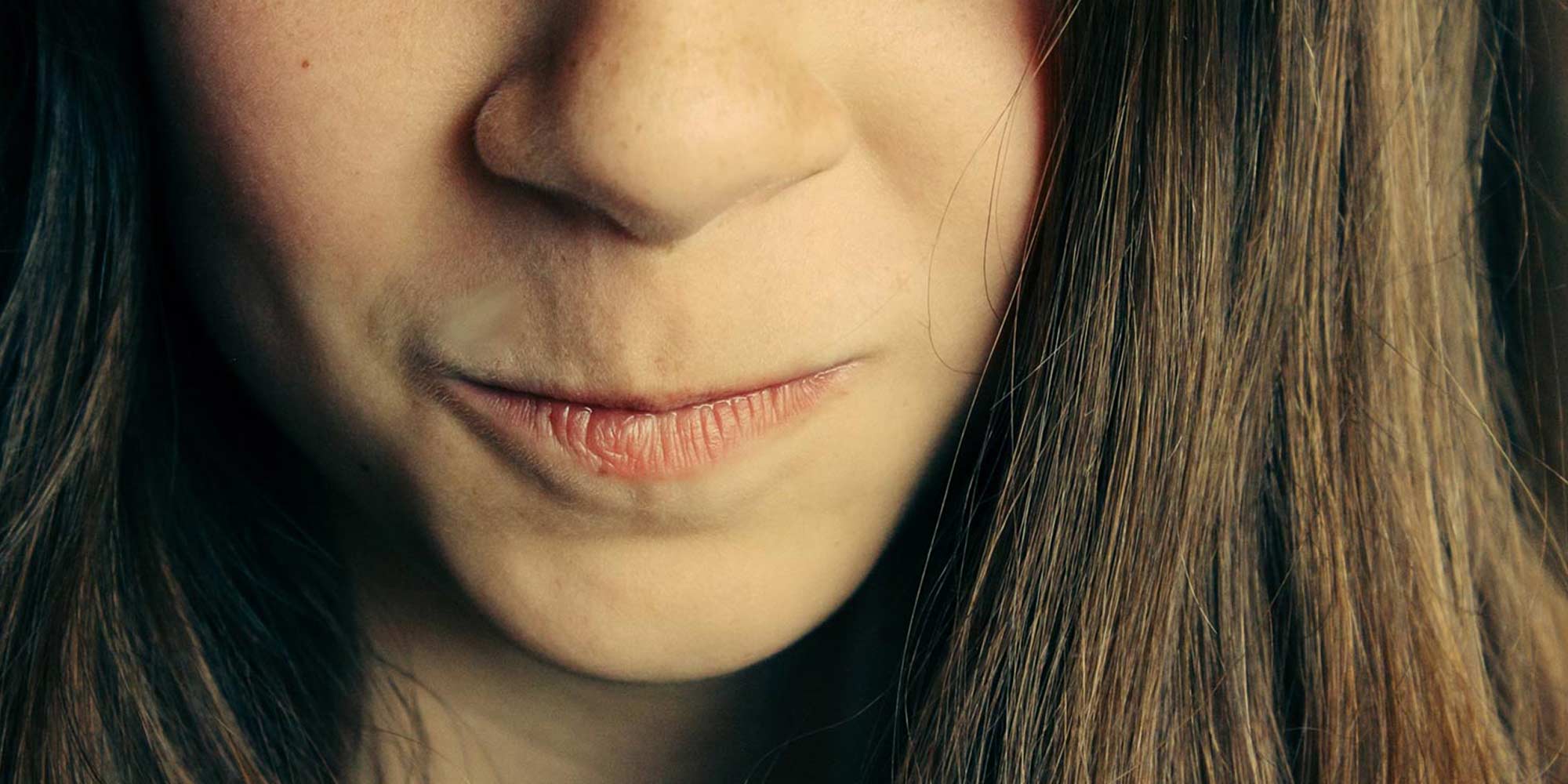When your loved one is struggling with addiction, emotions can keep us stuck in unhealthy cycles.
If someone in your life is struggling with addiction, there is no right or wrong way to feel. Expect a cycle of emotions from anger, to guilt, to fatigue, to confusion. Emotions are important aspects of our relationships—they’ve evolved to keep us healthy and safe. But sometimes, the emotions we rely on as natural instincts can keep us stuck. Let’s look at the big seven emotions that keep us from healthily expressing our concerns to loved ones about addictive behaviors.
Love
Call me Captain Obvious, but love is the big one. We referred to this emotion earlier, as a reason you may be walking on eggshells around friends, family members, or even coworkers struggling with addictive behaviors. And even though endless pop songs are written about the things we do in the name of love, it isn’t the only emotion keeping us from confronting those practicing addictive behaviors.
Confusion
Addictive behaviors are confusing and unpredictable. Just as you’re sure a loved one needs help, they seem to climb back on the wagon and act healthy again. Like Dr. Jekyll and Mr. Hyde, a great employee one day can be the holiday party disaster the next. Social norms demand that addictive behavior be hidden, so we only witness it in stops and starts. Is there a problem, or isn’t there?
Guilt
And if there was a problem, is it somehow your fault? Guilt plays a big part in keeping a cycle of addictive behavior trucking on forward, as those affected most can feel somehow responsible. The more responsible you feel for your son’s pill problem, the less likely you are to stop handing him over those hundreds of dollars. And once you’ve become a part of a cycle of addictive behavior, the guilt over allowing the cycle to continue grows even greater.
Shame
Shame is guilt’s ugly stepsister, and it keeps us all sick much longer than we need to be. The stigmas surrounding addictive behavior and the way it affects relationships are evolving in our society, but feeling shame about a loved one’s addictive behavior can create a barrier to seeking help. Brené Brown, in “I Thought It Was Just Me,” notes that “Shame corrodes the very part of us that believes we are capable of change.” As the surgeon general’s report just noted, addictive behaviors are widespread, common, and (as we’d like to note) treatable. They aren’t shameful, and neither is loving someone affected by them.
Denial
Sometimes, it’s easier to wear rose-colored glasses. Denial is the dark side of trust’s moon. Are the stories you are telling yourself making sense anymore? And if not, do you need to get some more information? It’s important to have a healthy trust of your loved ones, but remember to listen to your own instincts. If you have sacrificed living in reality to avoid conflict, it’s time to take inventory of your own situation.
“If love is that big, beautiful (and sometimes crazy) emotion that keeps us caring at all, then fear is the knot in our stomach that makes us refuse to let go.”
Fear
If love is that big, beautiful (and sometimes crazy) emotion that keeps us caring at all, then fear is the knot in our stomach that makes us refuse to let go. It keeps us up at night, has us checking our phone for text messages when it hasn’t buzzed, and keeps us quiet when we know something needs to be said. Sarah Benton notes in “The Challenges of Dealing with an Alcoholic Loved One,” “I have often observed that fear is a driving force in the way that families relate to a loved one’s active alcoholism: fear of loss, fear of causing pain, and discomfort, fear of illness and death, fear for safety, fears of opinions, fear of the unknown and fear of guilt.” Fear of change, retaliation, separation, or loss of control—all of these things can keep us in a situation that is less than ideal. If you’re a bundle of nerves, it might be a good time to evaluate what you can change in your life (your own boundaries and behaviors) and what isn’t effective to worry about (almost everything else out of your control).
Exhaustion
Running through that list of human emotions, who wouldn’t be exhausted? Sometimes, existing in a less than ideal status quo is easier than rocking an already shaky boat. This is especially true if you’ve been by the side of someone practicing addictive behaviors for quite a while. You might have tried and heard it all before, and exist in a state sort of like battle fatigue. If you feel exhausted, listen to that feeling. This is your body and your mind asking for a battery recharge. Focus in on your own basic self-care. Remember that there is help out there for those with addictive behaviors in your life. But more importantly, you should help yourself.








